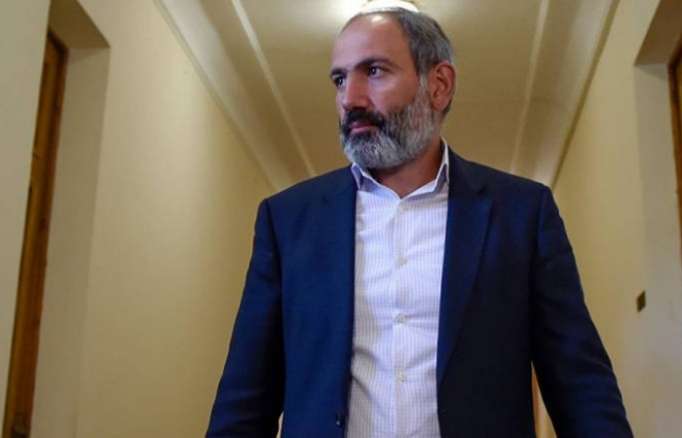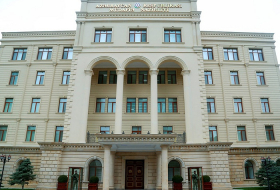Nagorno-Karabakh, a mountainous part of Azerbaijan, is run by ethnic Armenians who declared independence from Baku during a conflict that broke out as the Soviet Union crumbled in 1991.
Though a ceasefire was agreed in 1994, Azerbaijan and Armenia still regularly accuse each other of conducting attacks around Nagorno-Karabakh and along the Azerbaijani-Armenian border.
“We are ready to continue peaceful talks,” Pashinyan told a news conference in the breakaway region’s capital, Stepanakert, after meeting its leader Bako Sahakyan.
Pashinyan underlined the importance of Karabakh for Yerevan by traveling to the region just hours after being elected prime minister by Armenia’s parliament on Tuesday. This capped a peaceful revolution driven by weeks of mass protests against corruption and cronyism in the ex-Soviet republic.
“I’m ready to hold talks with Azerbaijan’s president on behalf of Armenia, but the leadership of Artsakh (Nagorno-Karabakh) should hold talks on behalf of Artsakh,” he said.
Armenian ex-president Serzh Sarksyan, whose election as prime minister a month ago triggered the mass protests led by Pashinyan, has held several meetings with Azerbaijani President Ilham Aliyev over Nagorno-Karabakh in the past.
Sarksyan also sought the participation of the separatists in the negotiations, but Azerbaijan was opposed to this.
Pashinyan said on Wednesday that “mutual concessions would be possible only after recognition of the right of the Nagorno-Karabakh people to self-determination.”
Nagorno-Karabakh survives almost totally on budget support from Armenia and donations from the large Armenian diaspora.
Skirmishes between majority Christian Armenia and mainly Muslim Azerbaijan have intensified in the past three years and at least 200 people were killed in a flare-up in April 2016, leaving bilateral relations at their worst in years.
The conflict has worried Western and regional countries in part because it could cause instability in the South Caucasus, which serves as a corridor for pipelines transporting oil and gas to world markets.
More about: #Armenia













-1747837442.jpg&h=190&w=280&zc=1&q=100)


































